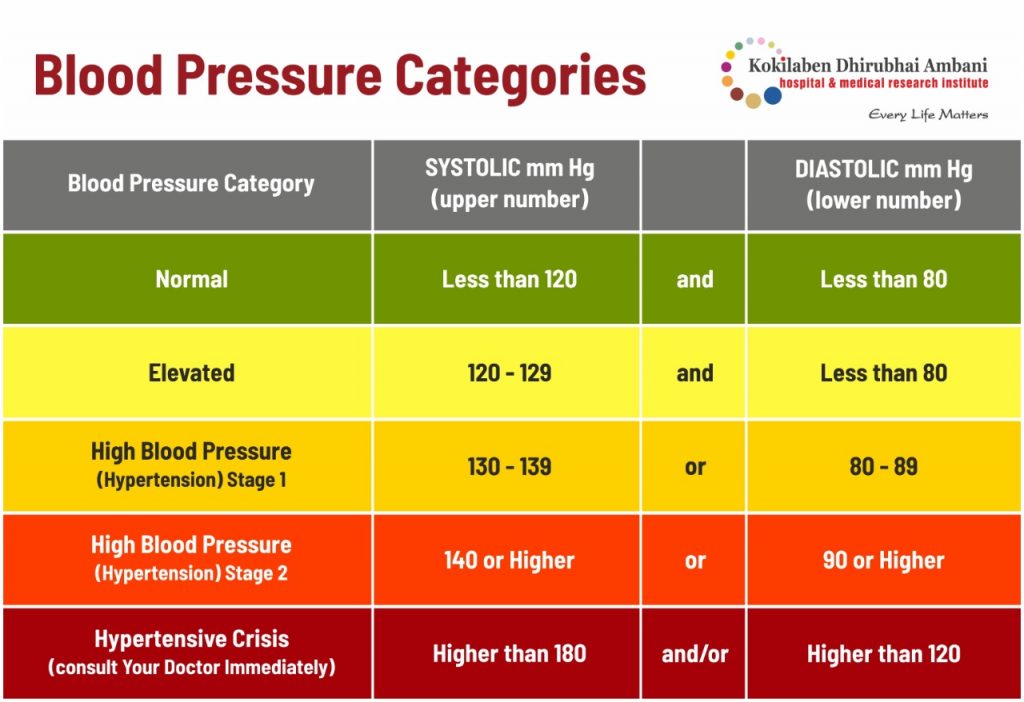This summer we have been hit by the highly infectious COVID-19. This pandemic has affected people all over the world and India has seen above 1 .38lakh cases to date. Hospitals are already overstretched attending to patients suffering from the coronavirus. This makes it even more important to take extra care of your health this summer. High temperatures can cause dehydration, heat exhaustion and heat stroke, or intestinal infections too.
This summer is different from every year. The lockdown has forced people to stay indoors, eat home-cooked food, and maintain high hygiene due to the COVID-19 pandemic. This has helped reduce the incidents of summer illness. Cases of stomach infections and food poisoning have all come down as people are aware of hand hygiene.
Even when you stay at home it is important to eat the right foods and follow healthy practices to stay healthy and fit. Here are a few healthy tips to follow this summer:
- Have seasonal fruits and vegetables
It is best to consume only seasonal summer fruits and vegetables this season as they are filled with properties to fight the summer heat. Watermelon, muskmelon, oranges, mangoes are some of the seasonal summer fruits. Pumpkin, bitter gourd, bottle gourd, cucumber, etc are some of the seasonal summer vegetables.
- Stay hydrated
Drinking water is extremely important as it helps rehydrate your body and regulates the various functions of the body. Avoid drinking extremely cold water. - Eat regularly but light
Summer time tends to reduce one’s appetite because of excessive heat. But you need eat regularly because your body requires the nutrients to fight the heat and keep you healthy. It is good to have lighter meals rather than having heavy ones, especially at night. - Skin care in summer
Are you sweating profusely this summer? Summer makes your skin more prone to rashes, prickly heat, and fungal infections. Have a bath twice daily and use a medicated powder if needed. - Choose healthy juices
Summers make you thirsty more often. However avoid sipping on fizzy drinks, alcohol, caffeinated drinks or packaged juices. Choose healthy alternatives like nimbu pani, homemade juice, or aam panna a seasonal favourite.
- Snack healthy
The harsh climate can drain you off your energy, making you prone to infections, vomiting, nausea, prickly heat, and low blood pressure. Avoid fried foods and foods that are highly processed and heavy to digest.
- Don’t Exert Yourself
Physical activity is essential for good health, but during summers, make sure that you don’t overexert yourself. If household chores are exhausting you, take some rest or split the activities during the day. Follow a light exercise routine and remain indoors.
- Wear Loose Clothes
Wear loose and comfortable cotton clothes even if you are staying at home. Avoid wearing any synthetic fabrics.
Summer Special Foods
What are you eating every day? Is your diet a summer-friendly?
Here are some of the summer special foods that are extremely high on vitamins, minerals, and other essential nutrients. Have them daily:
- Melons – Watermelons and muskmelons good for the digestive system, propel weight loss, and are very high in water content.
- Lauki or Bottle Gourd – It’s rich in calcium, magnesium, Vitamin A, C, and, folate. The summer vegetable works well on high blood pressure, keeps the heart healthy, and is considered an excellent blood purifier.
- Aam panna – Aam panna made from raw mangoes helps fight constipation and chronic stomach problems like Irritable bowel syndrome (IBS). Make it at home to ensure the use of recommended quantities of sugar and salt.
- Cucumber – Loaded with fibre, eating cucumber in summer helps in keeping constipation at bay. Cucumber also contains a high amount of water content that helps keep you cool.
- Curd – Curd is not only delicious but also gives a coolant effect to your body. You can make buttermilk or have a plain bowl of curd with your meals. It can also be mixed with fruits and made into a seasonal smoothie.
- Mint – Mint leaves or pudina not only keeps your body temperature cool but also gives you a refreshing effect.
- Green leafy vegetables – Having green leafy vegetables around the year gives you numerous benefits. And adding them to your daily diet is also beneficial as green leafy vegetables contain a high amount of water content.
- Onions – You may get surprised to know that onions too provide cooling properties. The red onions are loaded with quercetin, which is considered as a natural anti-allergen. Adding onion to your daily diet also helps in protecting you against the sun-stroke.
- Nimbu pani water – Lemonade or nimbu pani is another refreshing drink for summer. Sip on some nimbu pani everyday to stay hydrated.
An extreme heatwave is set to hit many parts of India during the end of May. Stay at home and stay safe as you are already fighting the COVID-19 pandemic. If you are stepping out to buy essentials do not step out between 11 am to 4 pm as the heat is at its peak at this time. Wear protective clothing like a cap or scarf if required. Take preventive steps and protect your and your family’s health in summer. Please consult doctors at Kokilaben Dhirubhai Ambani Hospital for any summer ailments.



